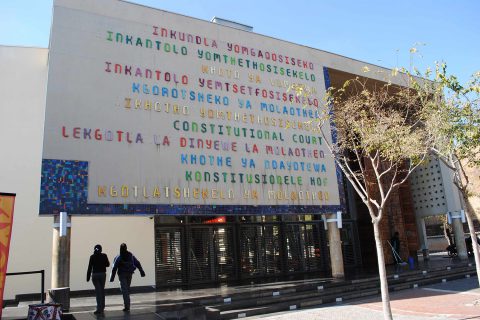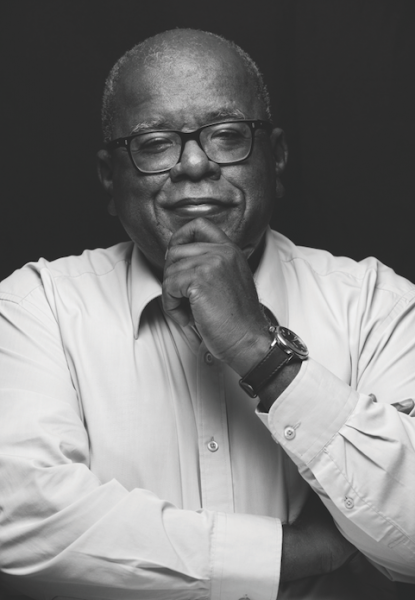Business Day Human Rights Day
Foreign Policy ‘vs’ Human Rights
The United Nations and the African Union have contributed to the establishment of a human rights system in Africa. Until now, tribal traditions and the presence of royalty in many African countries still impact on their ability to remain committed to human rights and justice. With the exception of South Africa, lesbian, gay, bisexual and transgender rights in Africa are very limited in comparison to many other parts of the world. In 2015 the International Lesbian, Gay, Bisexual, Trans and Intersex Association stated in their Annual Report that homosexuality is outlawed in 34 African countries.
In some instances, South Africa has had to choose between being loyal to its neighbours or committed to the United Nations’ Universal Declaration on Human Rights, which sets out human rights to be protected by governments.
One instance in which South Africa appeared to choose its neighbours over human rights was when former president Jacob Zuma supported a resolution to suspend the operations of the Southern African Development Community (SADC) Tribunal, which ruled on many human rights issues in the region.
Zuma’s decision was in support of former Zimbabwean president Robert Mugabe, who took issue with the tribunal for deciding that Zimbabwe’s seizure of the land of a white farmer without compensation, was racist, unlawful and had violated the SADC Treaty.
The High Court in Pretoria overturned Zuma’s decision to support the suspension of the tribunal. Judge President Dunstan Mlambo said that Zuma’s decision was “unlawful, irrational and, therefore, unconstitutional”.
Peter Fabricius, a consultant with the Institute for Security Studies, said it was in South Africa’s interest to pursue human rights within its foreign policy, especially in the SADC region.
“The main reason for South Africa to give high priority to human rights in its foreign affairs is because it is key to the country’s national identity (brand). Although the effect is diminishing – thanks in no small part, though, to the foreign policies of Mbeki and Zuma which raised doubts about the commitment to human rights in our foreign policy – much of the world still sees South Africa as the country of Mandela, which means the country of human rights, democracy, the rule of law and reconciliation. This is not just a nice to have; it is perhaps the most critical element of building a national brand.
“It also has important economic and material implications. Furthermore, pursuing human rights in foreign policy sends the important message to the world that human rights, including the rule of law, are fully respected here at home. For example, this also gives confidence to investors that their investments will be safe.
“Helping to create a world in which human rights and the rule of law are respected is to our advantage because these are the countries where our businesses and tourists and other interests are more likely to be respected and protected. It is especially important in Africa where we have large business interests at risk.
“The denial of human rights, including democratic rights and the rule of law, is one of the principal causes of internal conflicts around the world. By trying to maintain or restore human rights, especially on this continent, we are helping to avert conflicts that are damaging not only to those countries themselves, but to us as well.
“Conflict might potentially impact our business interests there – and indirectly, by acting we are guarding the image of the whole continent,” said Fabricius. Nelson Mandela, even before he became president of South Africa, said that human rights would “be the light that guides our foreign affairs”.
“The ‘honeymoon’ phase of Nelson Mandela’s presidency, between 1994 and 1999, was characterised by a rapid, threefold expansion
of diplomatic missions. As the country moved quickly from isolation to integration, relationships were rebalanced from the apartheid era by the welcome early influence of the liberation movement’s internationalism and the emphasis on human rights,” wrote Greg Mills and Wilmot James on Politicsweb.
Thabo Mbeki’s approach was different, emphasising “a greater assertion of African ownership of its destiny”, wrote Mills and James.
But when things deteriorated under Jacob Zuma, they wrote, “during which time it has sought to cement its place in the ideological ‘South’ and away from close ties with traditional trade and investment partners, with little to show for it in terms of jobs and investments”.
With a new president in Cyril Ramaphosa, and a new minister of International Relations and Co-operation in Lindiwe Sisulu, South Africa has an opportunity to once again place human rights at the forefront of its diplomatic relations.






 Sign-up and receive the Business Media MAGS newsletter OR SA Mining newsletter straight to your inbox.
Sign-up and receive the Business Media MAGS newsletter OR SA Mining newsletter straight to your inbox.